LIHTC
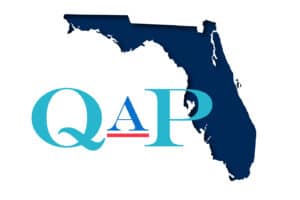
Florida Posts Income Averaging Draft Policy
FHFC aims to allow developments that have not yet received their 8609s to elect the new option. Read on for some of the proposed requirements around income averaging.
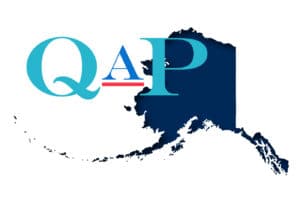
Alaska Posts 2nd Draft QAP, Bans Income Averaging
The Income Averaging set aside will not be permitted for LIHTC projects in this proposal.

Novogradac Publishes Analysis of State Policies Regarding Income Averaging
Monday’s article examines eight states’ responses to the new income averaging set aside election for LIHTC made available by Congress as part of the March 2018 omnibus spending bill.
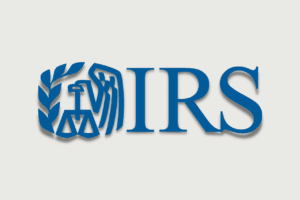
IRS Revises Form 8609, Adds Income Averaging Election
Several states have already adopted policies for dealing with the income averaging election while still others remain in the policy formation and comment collection process.

Call to Action: Urge Your Representative to Co-Sponsor LIHTC Improvement Legislation
Rep. Carlos Curbelo (R-FL) is circulating a ‘Dear Colleague’ letter asking his House colleagues to cosponsor the Affordable Housing Credit Improvement Act (H.R. 1661), bipartisan legislation that would strengthen the Low-Income Housing Tax Credit.

Indiana Publishes Income Averaging Policy for 9% Projects
IHCDA has recently released a document explaining the use for income averaging for 2018 and 2019. made income averaging available to all 2018 projects that have not received an 8609. 2019 applicants may also utilize income averaging and a form to include in an applications is forthcoming for this purpose. The 2019 QAP and set-asides have not been altered in any way.
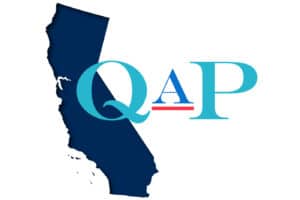
California Publishes Final Draft for Income Averaging
CTCAC has published a final version of its draft proposal regarding income averaging. The policy is up for review at the May 16 committee meeting.
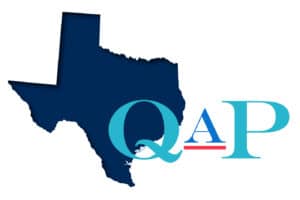
Texas Hosts Open Forums on Income Averaging and Tie-Breaker/811 for 2019 QAP (5/23 and 5/25) Tie-Breaker (5/23)
The Multifamily Finance Division of the Texas Department of Housing and Community Affairs (“TDHCA”) will hold its fourth planning meeting for the 2019 Qualified Allocation Plan (“QAP”) and Uniform Multifamily Rules on Wednesday, May 23, 2018, from 2-5 p.m. Austin local time. This roundtable will be held at the Stephen F. Austin Building, Room 170, […]

Indiana Publishes Policy on Income Averaging for 4%/Bond Projects
4% / bond developments which have received an allocation but have not yet submitted a final application may request a modification in order to adopt income averaging. Modifications cannot be given to projects which have already been issued an 8609.
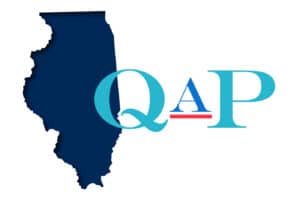
Illinois Seeks Developer Comments Regarding Income Averaging
The Illinois Housing Development Authority (IHDA) is requesting feedback from IHC member developers on if and how income averaging would be beneficial to your projects. A survey is linked.
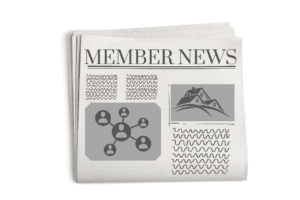
RBCCM’s Tax Credit Equity Group Closes on $158,415,511 RBC Tax Credit Equity National Fund-27
The Fund represents the first launch and closing of a multi-investor, multi-property national fund post-tax reform for TCEG and speaks to the strength of investor confidence in RBCCM’s tax credit equity syndication platform in uncertain market conditions.

President Signs Omnibus Legislation into Law, 10% Increase for HUD, LIHTC Improvements
On March 23, President Trump signed into law the 2018 omnibus spending bill (HR 1625). Bill language was released late Wednesday night and the House of Representatives and Senate subsequently passed the bill on Thursday. The news of passage comes shortly after President Trump threatened via Twitter to veto the bill on Friday morning. The […]